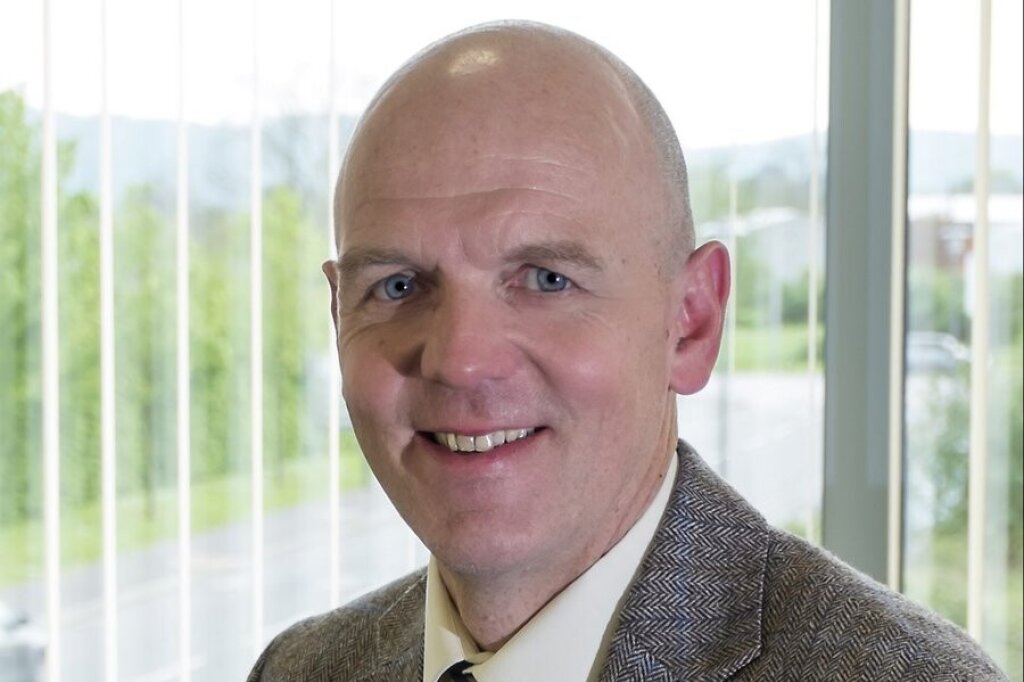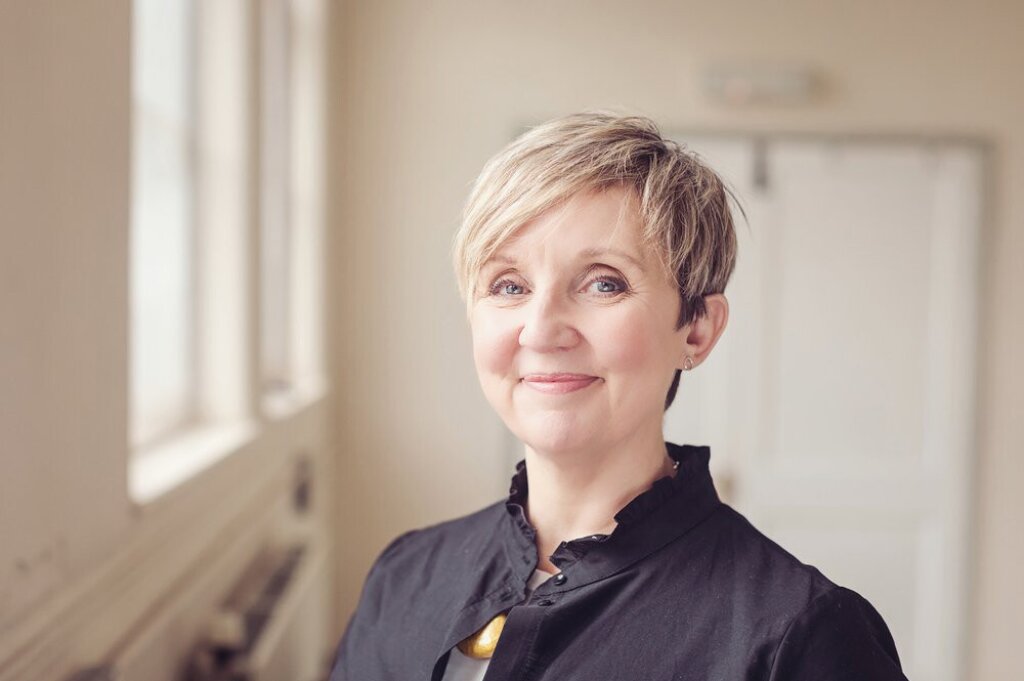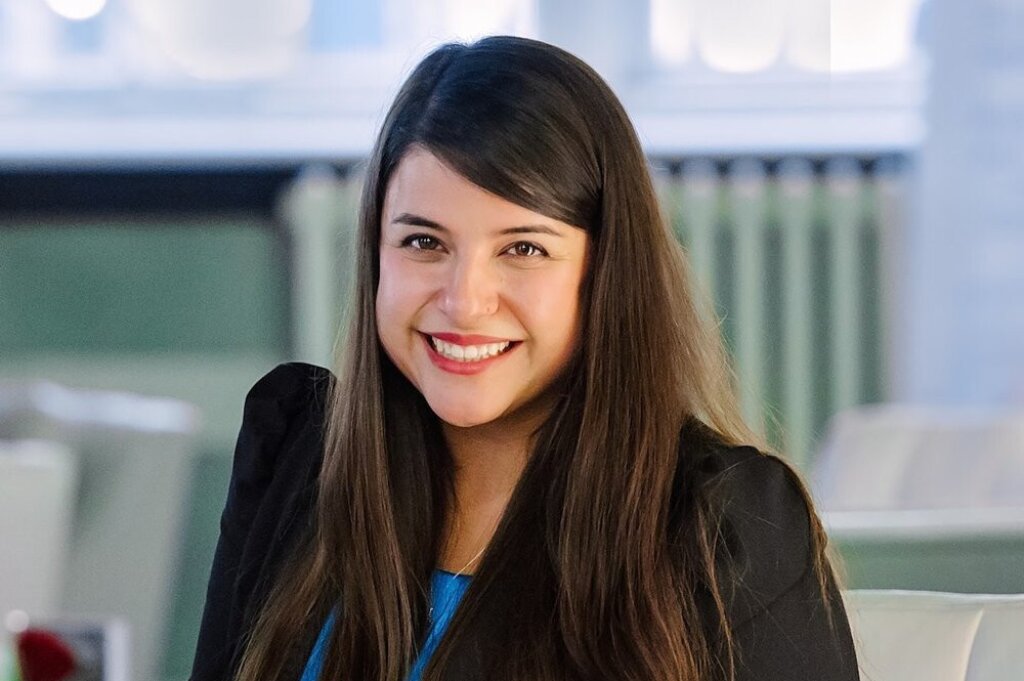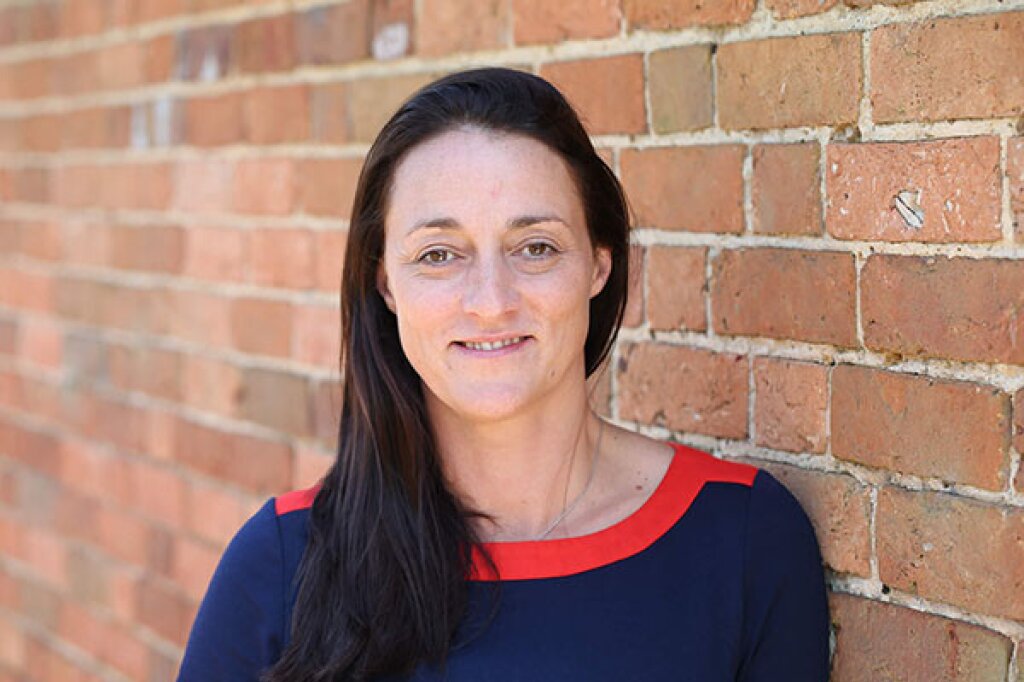Neil Douglas is a director of Viper Innovations, a high-tech engineering company, which, since it was set up in 2007, has grown to 60 people and enjoys an average 20 per cent year-on-year growth.
When asked by the West of England Combined Authority (WECA) if he would be willing to join the Be the Business Boards programme as a board member, he was so enthusiastic that he asked his Viper co-director if he would do it too.
“It ticks a lot of boxes for me,” said Neil. “By sharing your knowledge, experience, expertise, contacts and general business acumen with smaller companies, you are helping the local business community, creating jobs and boosting the economic growth of the region. What’s more, my business has benefited from advice from bigger businesses in the past, so it’s a way of paying that back. It also fits with Viper’s CSR agenda.”
He’s sat on the boards of two very different businesses at the same time: Loom Digital (a digital marketing agency), and Bath Property Maintenance. They each had different challenges, as he explained.
“Loom is reasonably established: it has a turnover of around £1m, and 16 employees. But the two founders were too busy with clients to take a helicopter view of their own business and put in place things that would help them move into their next stage of growth. We were able to help direct them with things like business plans, budgets, and mission and vision statements.”
Going above and beyond
Neil went above and beyond to help Loom. He explained: “Sometimes the board meeting doesn’t offer enough time to deal with all the ideas and challenges in the detail required in order to resolve them. So I had a separate one-to-one half-day session with Loom where I shared tools that had worked for Viper, and some simple single-page business plans.”
By contrast, the founder of Bath Property Maintenance had two big issues he wanted help with: staff retention and apprenticeships. One very practical piece of help Neil put in place was to introduce him to a large Gloucestershire contracting firm, who invited him in for a day to run through their own employee engagement programme and initiatives.
He believes that the companies he is advising recognise that he’s been on a similar journey of start up and growth, and therefore understands their challenges, which makes it easier for them to accept and try ideas, rather than seeing them as theoretical.
“As a board member, you can’t make people do things, but we’ve seen both companies take steps forward,” said Neil. This in itself is rewarding, but the benefits he has gained from the advisory board experience exceed what he had expected.
Sharing experiences
“My peers on the board included a retired business adviser, a relationship manager from a national bank, and a senior team member from [financial services company] Hargreaves Lansdown” said Neil.
“Everyone brought very different perspectives on problems, and we all shared our own real-world experiences. For example, one thing we discussed was how to manage the return to work and hybrid working after coronavirus – a challenge facing all companies, large and small, and one that none us had been through before. We all found that discussion really valuable, not just the company.”
He has also extended his network considerably – something not to be underestimated, he said: “It can yield really positive results, even though that might be further down the road.”
The 12-month formal advisory board relationship is over, but all the board members offered to continue to help the two businesses as and when they might need it. “We all went into it wanting to help small businesses, and that motivation doesn’t go away,” said Neil.
He’s already signed up for another board, and recommends the programme to others.
“It can be valuable leadership development experience, and it also gives individuals from large corporates an insight into the challenges that small companies face, from cash flow, to recruitment, to marketing to exporting. They can’t rely on big infrastructures and specialist departments. They have to work it all out for themselves.”
Headline takeaways
Boards give a boost to the local business community
As Neil points out, boards can help to create jobs and boost the economic growth of the region.
Sometimes a board meeting doesn't provide enough time
Neil ran a separate one-to-one half-day session to give a business more detail on an issue.
Board members get valuable experience
Neil believes it's helped him develop as a leader.



